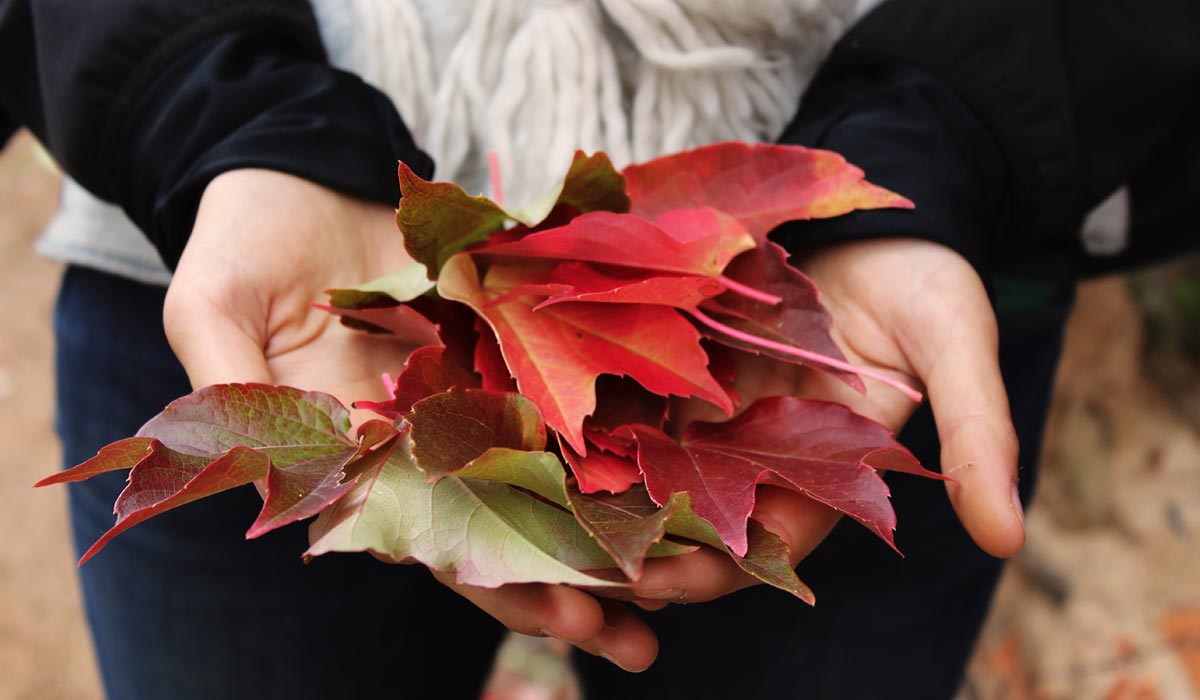Gratitude

This week on the Allender Center Podcast, Dr. Dan Allender is joined by his wife, Becky Allender, as they reflect on Thanksgiving and the nature of gratitude. They start by sharing their childhood memories of the holiday. Becky recalls trips to her grandmother’s house with lots of family, lots of food, and lots of shared goodness. Dan recalls spending the week leading up to Thanksgiving working feverishly for his dad’s bakery, to the point that Thanksgiving itself a time to sleep in, indulge in food, and pass the day in exhaustion—without much room left for gratitude.
In their adulthood and marriage, Dan and Becky have attempted to move toward a more intentional posture of gratitude, which is marked by an admission that we cannot live without the goodness offered by other people. It is an acknowledgement of dependence. “It ruins any presumption of independence,” says Dan. “In that sense, it’s the most holy of all holidays when you have any experience of that kind of interdependence.”
Becky: “We want to gloss over the fact that we are needy, that we need other people. To use that as the foundation of gratefulness at Thanksgiving shifts the scales.”
Dan: “There has to be reciprocity for there to be the deepest sense of gratitude, and that is the ability to say back, ‘You are welcome.’ What a strange phrase: You are well—come. It is always a sign of invitation to a guest.”
“Comparison, entitlement, envy—all of them are gratitude killers.”
As they discuss how to move toward deeper gratitude, Dan suggests that, rather than wondering how to be more grateful, we must first identify what is emptying gratitude from us. Becky identifies three categories: comparison, entitlement, and envy. Dan talks about entitlement as expectation with demand, and envy as resentment that is built on longing or craving. “Envy is desire gone mad,” he says.
Dan: “If we are naturally inclined to comparison, to presumption and entitlement and therefore envy, then what we do with a holiday like Thanksgiving is in some ways, we have a cultural means of getting close to the experience without actually diving into the water of deepest gratitude.”
Becky: “It’s like a muscle that we need to practice, especially as we’re aging. It’s got to be more and more of our daily practice, our daily thought.”
Dan: “If Thanksgiving is the day in which you focus on gratitude, and it has not been something of a focus for the other 364 days, I think in many ways it becomes a charade.”
